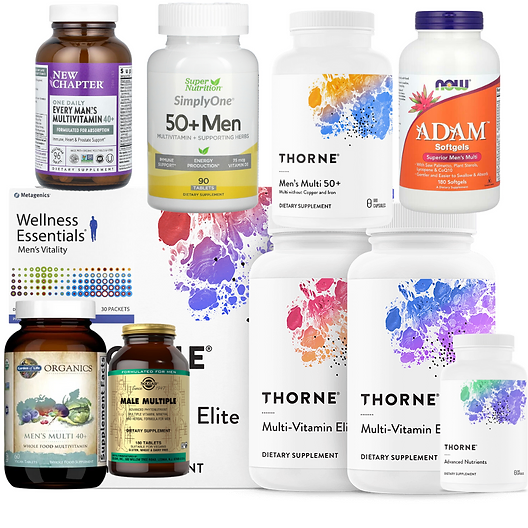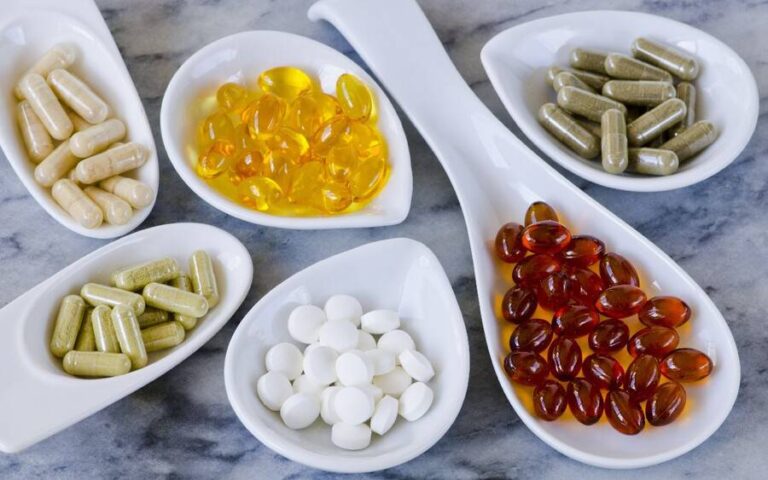How to improve gut health with supplements?
Maintaining good gut health is essential for overall well-being, as the gut plays a crucial role in digestion, immunity, and even mental health. A healthy gut is populated with a balanced mix of beneficial bacteria, which help break down food, absorb nutrients, and protect against harmful pathogens. While a nutritious diet and lifestyle changes form the foundation of gut health, supplements can be a valuable tool in supporting and improving it. Here, we explore how to enhance gut health with supplements and the factors to consider when choosing the right ones.
Understanding the Importance of Gut Health
The gut microbiome is a complex ecosystem of trillions of microorganisms, including bacteria, fungi, and viruses. These microbes interact with your body in countless ways, influencing digestion, metabolism, immune response, and even mood regulation. An imbalance in the gut microbiome—known as dysbiosis—can lead to various issues, such as bloating, constipation, diarrhea, weakened immunity, and chronic inflammation.
Improving gut health involves restoring balance to this microbial community, and supplements can play a pivotal role in achieving this goal. By introducing beneficial nutrients, probiotics, and enzymes, you can support the growth of good bacteria, improve digestion, and enhance overall gut function.
The Role of Probiotics
Probiotics are live microorganisms that provide health benefits when consumed in adequate amounts. These beneficial bacteria help restore balance to the gut microbiome by replenishing good bacteria and suppressing the growth of harmful pathogens. Probiotic supplements are widely available and come in various strains, each offering specific benefits.
For general gut health, look for supplements containing Lactobacillus and Bifidobacterium strains, which are commonly found in the human gut and support digestive health. Saccharomyces boulardii is another effective probiotic strain, particularly for combating diarrhea and promoting gut healing after antibiotic use. To ensure efficacy, choose probiotics with high colony-forming units (CFUs) and make sure they are stored as recommended to maintain potency.
The Benefits of Prebiotics
Prebiotics are non-digestible fibers that serve as food for beneficial gut bacteria, encouraging their growth and activity. They are essential for maintaining a healthy gut environment and work synergistically with probiotics. Prebiotic supplements typically include ingredients like inulin, fructooligosaccharides (FOS), and galactooligosaccharides (GOS).
Including prebiotic supplements in your routine can enhance the effectiveness of probiotics and promote a thriving gut microbiome. They are particularly beneficial for people who struggle to consume enough fiber-rich foods in their diet, such as fruits, vegetables, and whole grains.
Digestive Enzymes for Gut Support
Digestive enzymes are proteins that help break down food into smaller, absorbable components. While the body naturally produces enzymes, some individuals may have insufficient enzyme levels due to conditions like lactose intolerance, pancreatitis, or aging. Supplementing with digestive enzymes can improve nutrient absorption and reduce symptoms like bloating, gas, and indigestion.
Common types of enzyme supplements include amylase for carbohydrate digestion, protease for protein breakdown, and lipase for fat digestion. Look for multi-enzyme blends that target various food groups for comprehensive support.
The Role of Fiber Supplements
Fiber is crucial for maintaining gut health as it aids digestion, supports bowel regularity, and serves as food for beneficial gut bacteria. While prebiotics are a specific type of fiber, general fiber supplements can also improve gut health. Psyllium husk, methylcellulose, and wheat dextrin are popular fiber supplements that help manage constipation, diarrhea, and irritable bowel syndrome (IBS).
When incorporating fiber supplements, start with a small dose and gradually increase it to avoid gastrointestinal discomfort. Additionally, drink plenty of water to help the fiber work effectively.
Collagen and Gut Healing
Collagen is a protein that plays a vital role in maintaining the integrity of the gut lining. A healthy gut lining prevents harmful substances from leaking into the bloodstream, a condition known as leaky gut syndrome. Collagen supplements, often derived from bovine or marine sources, contain amino acids like glycine and glutamine, which support gut repair and reduce inflammation.
Including collagen in your routine can improve gut barrier function, enhance digestion, and promote overall gut health. It’s especially beneficial for individuals with leaky gut, inflammatory bowel disease (IBD), or other gut-related conditions.
Vitamin and Mineral Supplements
Certain vitamins and minerals play a significant role in gut health. For example, vitamin D helps regulate the immune system and reduce inflammation in the gut, while zinc supports the gut lining and promotes healing. Magnesium is another essential mineral that aids in bowel regularity and prevents constipation.
If your diet lacks these nutrients, taking supplements can help fill the gap and support gut function. However, it’s essential to consult with a healthcare provider to determine the right dosage and avoid potential imbalances.
Choosing Quality Supplements
When selecting supplements for gut health, quality matters. Look for products from reputable brands that undergo third-party testing to ensure purity and potency. Check the label for transparent ingredient lists and avoid products with unnecessary fillers, additives, or allergens.
Probiotic supplements should list the specific strains included and the number of CFUs per serving. For other supplements, verify the active ingredients and follow the recommended dosage instructions. If you have any underlying health conditions or are taking medications, consult with a healthcare professional before starting a new supplement regimen.
Lifestyle Factors That Complement Supplements
While supplements can significantly improve gut health, they work best when combined with a healthy lifestyle. Incorporate the following practices to enhance the benefits of your supplements:
- Eat a diverse diet rich in whole, unprocessed foods to provide a wide range of nutrients and fibers.
- Stay hydrated to support digestion and nutrient absorption.
- Manage stress through relaxation techniques, as chronic stress can negatively impact gut health.
- Exercise regularly to promote healthy gut motility and microbial diversity.
- Avoid excessive use of antibiotics, which can disrupt the gut microbiome.
Conclusion
Improving gut health with supplements is a practical and effective approach to achieving better digestion, stronger immunity, and enhanced overall well-being. Probiotics, prebiotics, digestive enzymes, fiber, collagen, and essential vitamins and minerals can all play a role in supporting your gut. However, supplements are most effective when paired with a healthy diet and lifestyle. By taking a comprehensive approach to gut health, you can create a balanced and thriving gut microbiome that supports your long-term health goals.







